AREA OF EXPERTISE
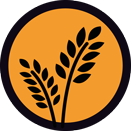
Food security and livelihoods
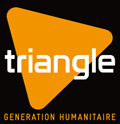
AREA OF EXPERTISE

Food security and livelihoods
FUNDING
More specifically, it aspires to durably improve protein intake available for children cared for in social institutions through the enhancement of fish production, supply chain and utilisation in farms and institutions. In Onchon and Ryongchon counties of the Democratic People's Republic of Korea (DPRK), children institutions received an average of 477 grams of fish per day for the whole year 2013. This amount is way below the national target standard of 200 grams per child per day. Moreover, North Korean children are by far the most vulnerable populations with little daily food rations and unbalanced diet. This induces high risks of future physical and/or mental disabilities and poor school performance. In addition, poor diets' physical and cognitive damages on children remain largely irreversible after 24 months of age.
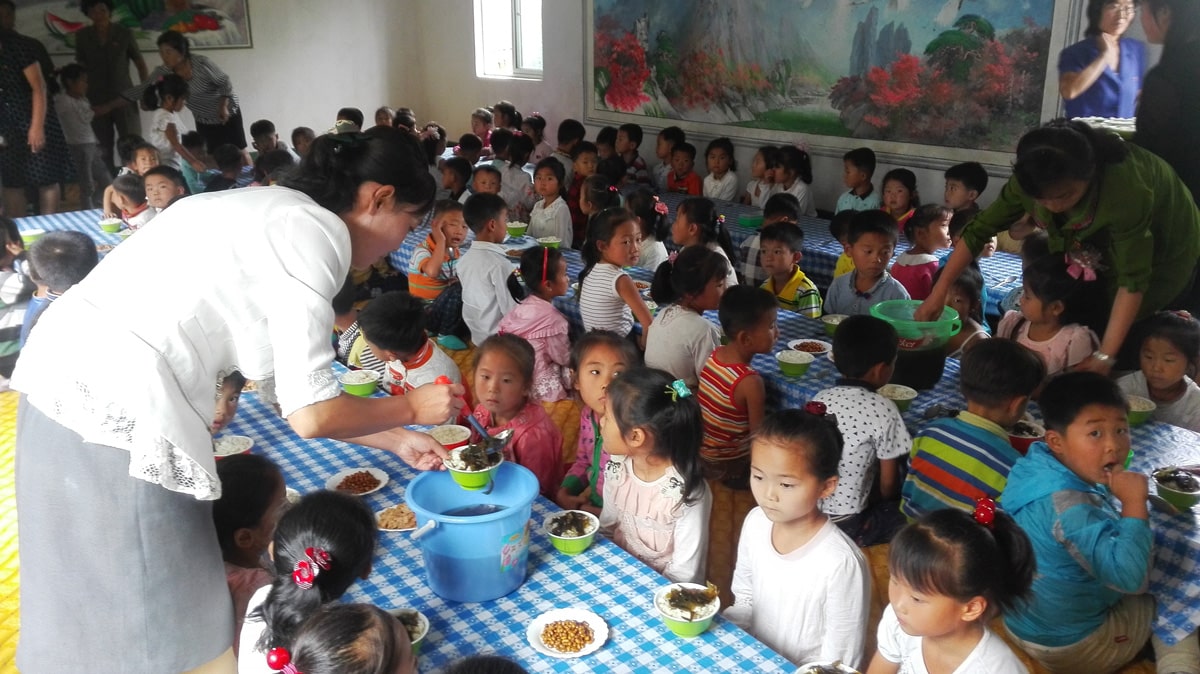
Distribution of lunch. City of Ryongchon's nursery school
For all those reasons, the project focuses on protein access for children cared for in welfare institutions and nursery children between 6 and 24 months of age and pregnant women are specifically targeted. Besides, North Korean's farm staff lack inputs and field guidance to improve their techniques and aquaculture systems.
TGH has previous experience in DPRK in the sector of fish farming. Indeed, from January 2010 to October 2013, TGH led a EuropeAid-funded action which also aimed at introducing an integrated crops-livestock-fish farming system in two farms of South Hamgyong province. This action was carried-out in collaboration with the Aquaculture Department, whose capacities have been strengthened throughout the project. The use of the Integrated Fish Farming (IFF) system, which was new in DPRK, has proved to significantly increase fish production and raised the interest of the Aquaculture Department at local and national levels to widespread the IFF system.
Strong of this previous experience and of lessons learnt during previous projects, TGH designed a new and similar one in order to implement IFF systems in other farming conditions in North Pyongan and Nampho administrative areas. It decided to develop a partnership with the Aquaculture Department and APDRA in order to ensure lasting technical support. TGH submitted a proposal to EuropeAid, which has been accepted.
The action just started on January 1st, 2015 and will last over 4 years. It will cover 3 entire fishing seasons and will also include a 6 months inception phase to fine tune the action. In fact, this rather long duration is appropriate in DPRK's context where time is needed to introduce new techniques. By promoting improved use at institutions level, the action will provide a long-term response to face the nutritional deficiencies of children's diets.
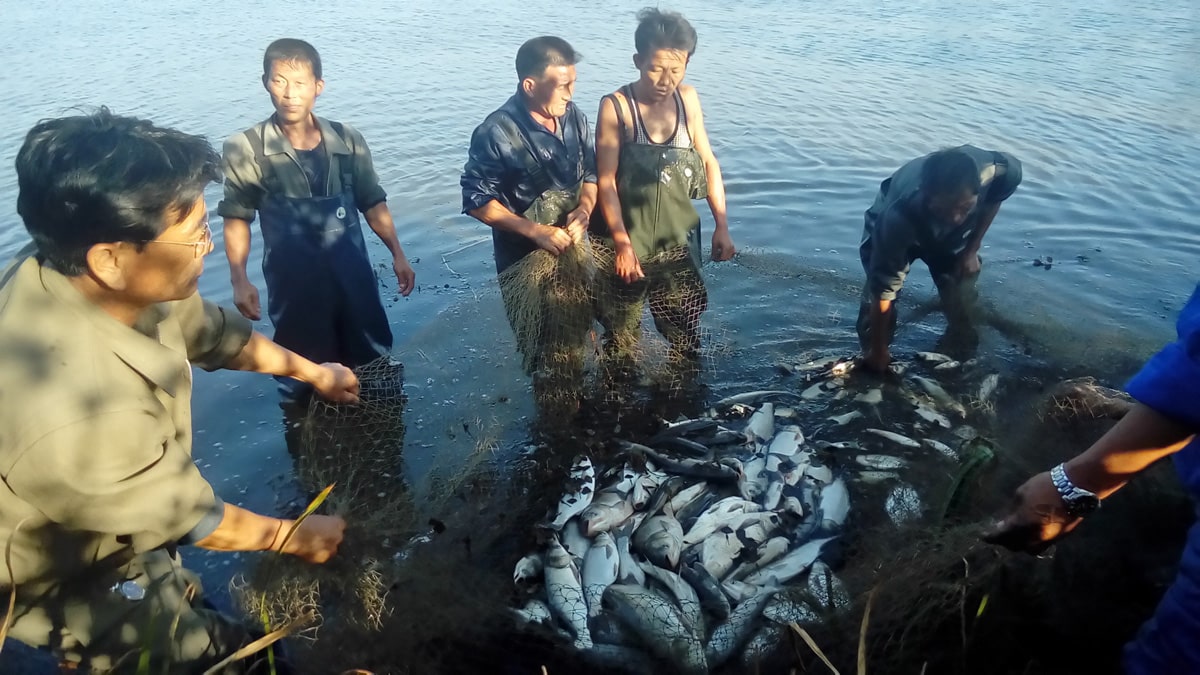
Carp fishing for distribution to children's institutions. Farm of Ryongchon
In order to reach these goals, several activities will be conducted by TGH, focussing on 3 main areas:
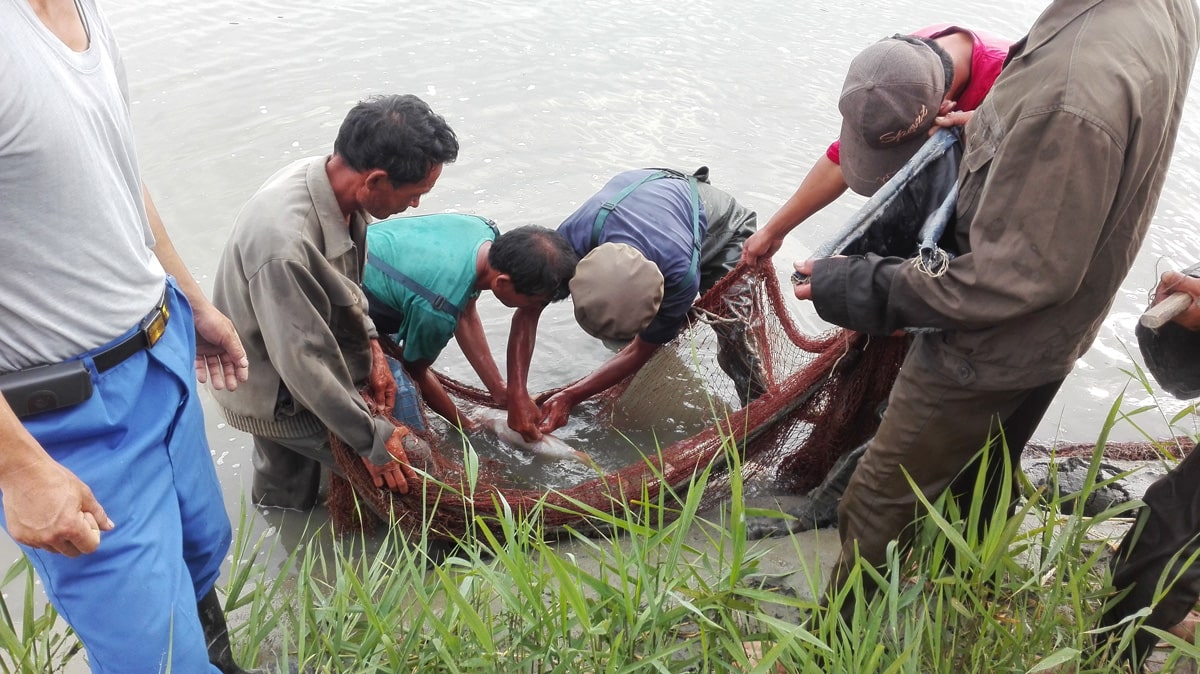
Measuring the size of a fish before breeding. Farm of Onchon